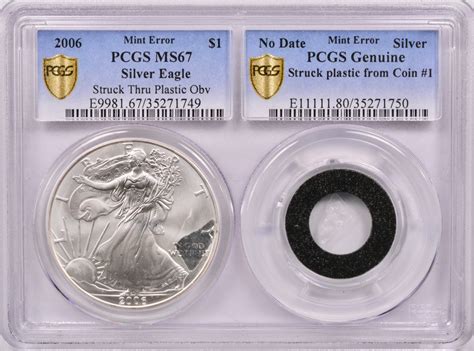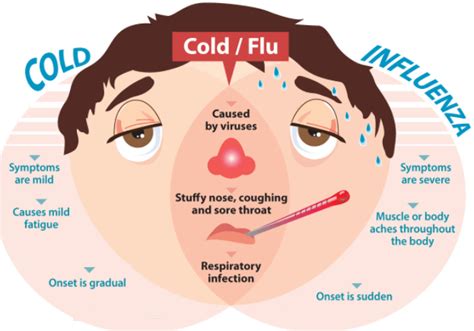What Is Conflict Of Interest
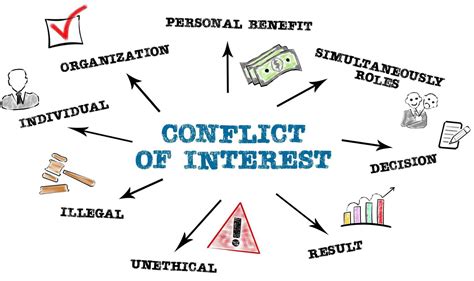
A conflict of interest is a situation where an individual's personal interests, financial gains, relationships, or other obligations potentially interfere or clash with their professional duties and responsibilities. It is an ethical concept that underscores the importance of impartiality, integrity, and trustworthiness in various fields, including business, law, medicine, and public service.
Understanding and managing conflicts of interest is crucial to maintaining public trust, ensuring fair practices, and avoiding potential harm or ethical breaches. This comprehensive guide delves into the complexities of conflicts of interest, offering insights and strategies for identification, mitigation, and resolution.
Understanding the Nature of Conflicts of Interest
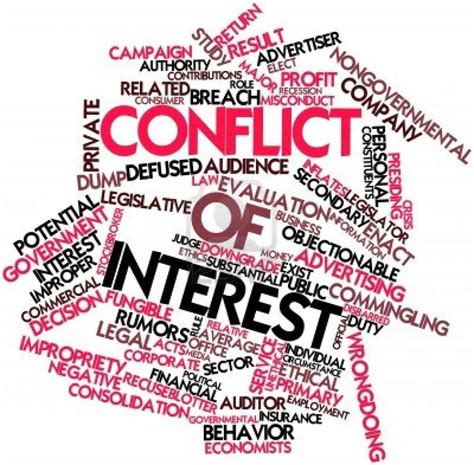
Conflicts of interest arise when an individual's personal or external circumstances create a divergence between their own best interests and the interests of the organization, institution, or client they serve. These conflicts can be real, perceived, or potential, and they can manifest in various forms, ranging from financial gains to personal relationships.
Types of Conflicts of Interest
-
Financial Conflicts: These occur when an individual's financial interests could influence their professional judgment. For instance, a doctor who owns stock in a pharmaceutical company might be inclined to prescribe medications from that company, potentially overlooking better alternatives.
-
Personal Relationships: Conflicts can arise due to personal connections. A lawyer representing a client might be biased if they have a close personal relationship with the opposing party or their legal team.
-
Competing Loyalties: Individuals with multiple professional roles or responsibilities might face conflicts when these roles overlap or compete. For example, a government official who also serves on the board of a private company might struggle to balance their public duties with their private obligations.
-
Personal Beliefs and Values: Conflicts can stem from personal beliefs. A judge's religious or moral convictions, for instance, might influence their decisions, leading to potential bias.
It is important to note that not all conflicts of interest are inherently unethical. The key lies in identifying and managing these conflicts to ensure fair and unbiased decision-making.
Identifying and Disclosing Conflicts of Interest
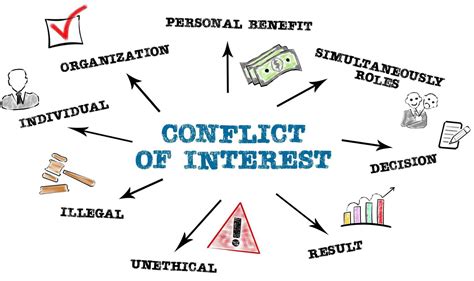
Effective conflict of interest management begins with recognition and disclosure. Organizations and professionals should establish clear policies and procedures for identifying and disclosing potential conflicts.
Policies and Procedures
Well-defined policies serve as a framework for identifying and managing conflicts. These policies should cover various aspects, including financial disclosures, relationship disclosures, and procedures for handling potential conflicts.
Disclosure Forms and Processes
Individuals should be required to complete comprehensive disclosure forms, detailing their financial holdings, business interests, and personal relationships. These forms should be regularly updated to reflect any changes.
| Disclosure Category | Relevant Information |
|---|---|
| Financial | Stock holdings, investment portfolios, and business interests. |
| Relationships | Personal connections with clients, partners, or competitors. |
| Professional Affiliations | Membership in professional organizations or industry groups. |
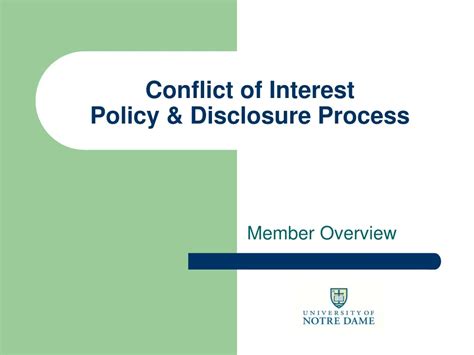
Confidentiality and Privacy
While disclosure is crucial, it must be handled with sensitivity and respect for privacy. Organizations should ensure that disclosed information is protected and used solely for the purpose of conflict management.
Mitigating and Resolving Conflicts of Interest
Once potential conflicts are identified, effective strategies are needed to mitigate or resolve them. This process involves a careful assessment of the potential impact and the development of appropriate action plans.
Risk Assessment
A thorough risk assessment should be conducted to evaluate the potential consequences of the identified conflict. This assessment helps determine the severity and likelihood of harm or bias.
Action Plans
Based on the risk assessment, organizations can develop tailored action plans. These plans might involve:
-
Recusal: Individuals might choose to recuse themselves from certain decisions or projects to avoid bias.
-
Divestment: Financial conflicts can be mitigated by selling or transferring assets to avoid personal gain.
-
Confidentiality Agreements: In cases of personal relationships, confidentiality agreements can be implemented to protect sensitive information.
-
Ethics Training: Providing comprehensive ethics training can help professionals better understand and navigate potential conflicts.
The Role of Transparency and Accountability
Transparency and accountability are key principles in managing conflicts of interest. Organizations should foster a culture where conflicts are openly discussed and addressed.
Transparency in Communication
Professionals should be transparent about potential conflicts, especially when they might impact their work. Open communication builds trust and allows for early conflict resolution.
Accountability Measures
Accountability ensures that individuals and organizations are held responsible for their actions and decisions. This can be achieved through regular audits, compliance checks, and feedback mechanisms.
| Accountability Measure | Description |
|---|---|
| Compliance Audits | Regular reviews to ensure adherence to conflict of interest policies. |
| Ethics Hotline | A confidential reporting system for employees to raise concerns. |
| Annual Conflict Review | A comprehensive review of potential conflicts to ensure they are properly managed. |
The Impact of Effective Conflict Management

Effective management of conflicts of interest has far-reaching implications for organizations and society at large.
Public Trust and Confidence
By actively managing conflicts, organizations can maintain and enhance public trust. Transparent and ethical practices build confidence in the integrity of their operations.
Fair and Just Decisions
Mitigating conflicts ensures that decisions are made based on merit and evidence rather than personal biases or interests. This is especially critical in fields like law, medicine, and public policy.
Reduced Legal and Reputational Risks
Proper conflict management minimizes the risk of legal issues and reputational damage. It demonstrates a commitment to ethical practices and can help avoid costly litigation.
Conclusion: A Commitment to Ethical Practice
Conflicts of interest are an inevitable aspect of professional life, but they need not undermine integrity or public trust. By understanding, identifying, and effectively managing these conflicts, individuals and organizations can uphold the highest standards of ethical conduct.
This comprehensive guide has provided an in-depth look at conflicts of interest, offering practical insights and strategies for professionals and organizations alike. Through a combination of robust policies, disclosure practices, and proactive risk management, conflicts can be navigated with integrity and fairness.
Frequently Asked Questions
How can organizations ensure effective conflict of interest management?
+
Organizations should implement comprehensive policies, provide ethics training, and foster a culture of transparency and accountability. Regular reviews and audits can help ensure compliance and identify potential issues early on.
What steps can individuals take to manage their conflicts of interest?
+
Individuals should be proactive in disclosing potential conflicts, whether financial, personal, or professional. They should also stay informed about their organization’s policies and be prepared to recuse themselves from decisions or projects when necessary.
Are all conflicts of interest unethical?
+
Not necessarily. Conflicts can be managed ethically through disclosure, recusal, and other strategies. However, failing to address conflicts can lead to unethical behavior and decision-making.

